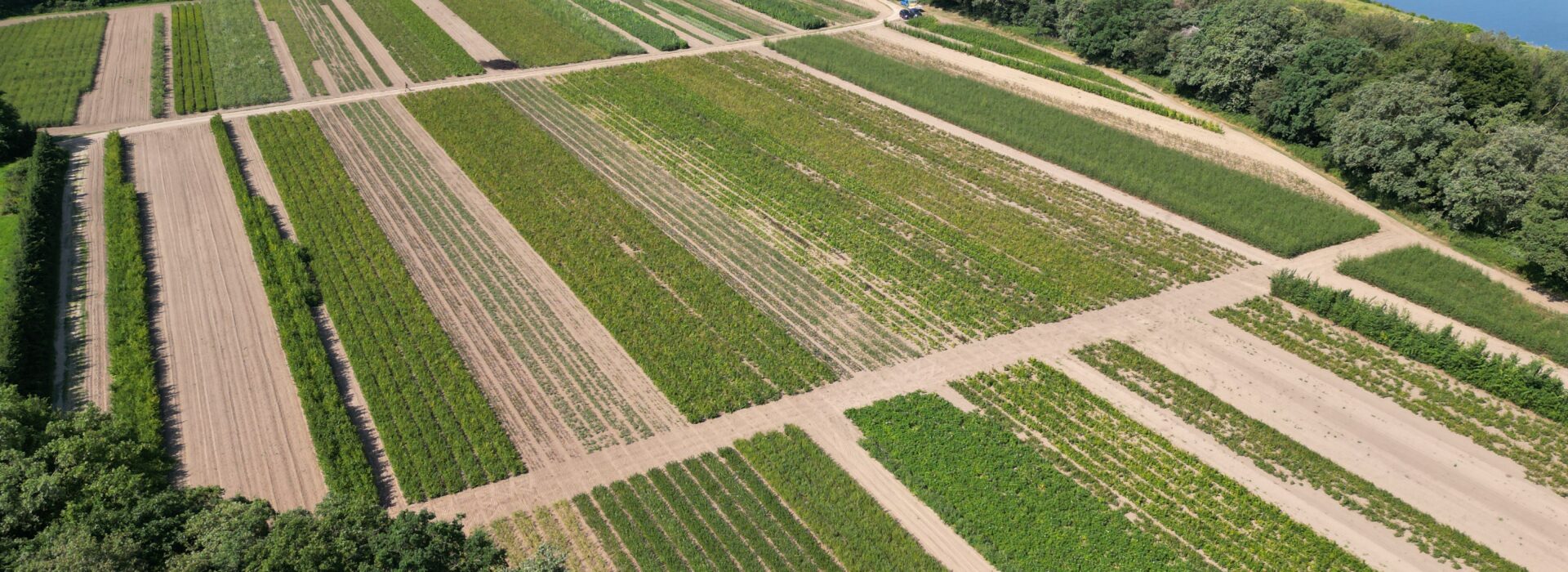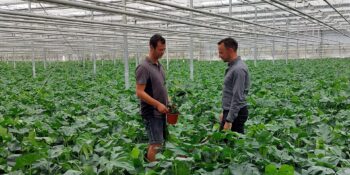In 1924, Bert Faassen set up a tree nursery in Tegelen, in the Dutch province of Limburg. A century later, the family business is still thriving and is looking stronger than ever. Florian Faassen, who represents the fourth generation, is now co-owner of Faassen Plants. He reflects on the past century, with the focus on the question: how do you stay true to the basics while optimising cultivation with modern techniques?
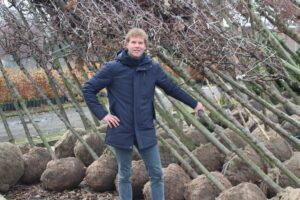
Florian Faassen
Back in 1883, Arnold Faassen started growing pine trees. His sons were just as enterprising, with Bert proving the most successful with his tree nursery, part of which would later move to nearby Reuver. Sjraar and Noud took over the nursery in Reuver. Florian Faassen explains: “The third generation – my father – started out in Reuver but left in 1980 to start his own business: Bart Faassen Tegelen.”
After 36 years of friendly rivalry with his brother Léon, who stayed on in Reuver, the two businesses reunited when Léon Faassen shut down his operation. “He reached out to us. The Reuver operation had to close due to a gravel extraction project being initiated there, so we took over the business and staff in Tegelen.” The name Faassen Plants was adopted in 2020. “Despite the split, it has always been the same family, with a shared history.”
Complete package for landscapers and municipalities
Having mainly supplied private customers in the early days, the nursery gradually added wholesale and export to its portfolio. “A lot of our products used to go to America and Canada. We still export these days, but more within Europe. In the Netherlands, we have seen growth over the last ten to twenty years, especially to the retail sector, but also to municipalities and landscapers.”
The nursery specialises mainly in plants for forestry and hedging, avenue trees and shrubs in containers. “But we sell the full range of large green products, from perennials and espalier trees to shrubs, roses and conifers. We offer a complete package for landscapers and municipalities, including transport and packaging.”
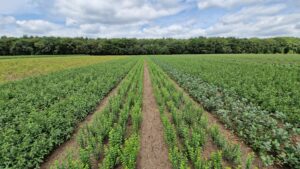 Rising demand for certifications
Rising demand for certifications
The Faassen family has been committed to sustainability for decades. Florian Faassen: “We demonstrate this through various certifications, such as MPS-ABC (MPS-A+). My father started with MPS for quality assurance. In the beginning it was very time-consuming, energy-intensive and costly, but the investment is paying off: in recent years we have seen rising demand for certifications, including from abroad.”
The MPS systems add value, Faassen believes. “They work well and are convenient for logging resource and energy usage. And if questions or problems come up, we always receive good support. We have also noticed that like MPS, the landscaping market increasingly values transparency across the entire chain. Municipalities, in particular, prioritise sustainability certifications when purchasing plants.”
Switching to organic
One of the sustainability initiatives at Faassen Plants is a gradual switch to organic wherever possible. “We have been growing container plants organically since 2022. Now our outdoor nursery with forestry plants is transitioning to organic, too. That is a challenge because it is quite unique in our sector. We are starting with a small section to see what works and what doesn’t.”
Faassen can count on the help of crop consultants for this. “Soil sampling and preparation beforehand are particularly important, but there are also more and more organic products available to use during cultivation. We are starting to use these to see what works and what doesn’t. Our crop consultants are also keeping tabs on this special step.”
Less water for stronger plants
Faassen Plants is doing even more in terms of sustainability. “We have had over a hundred solar panels on our roof since 2013. In the service building we have four electric forklifts, and we have moved away from gas: we use a wood-burning stove for the office and house.”
The nursery is also working on minimising irrigation. “We are doing this for sustainability reasons, but also to strengthen the plants. If you pamper the plants here at the nursery by giving them lots of water and they end up in a forest where it is drier, they will struggle. With less irrigation, the plants may leave the nursery a bit smaller, but they are stronger. In the end, that’s better for the customer.”
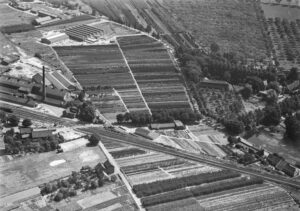
Back to basics
To conclude, Faassen glances back. “We celebrated our anniversary in June. I searched through lots of old photos and documents for it.” And he noticed something. “There have been so many developments over that time, but the basics stay the same: you plant an acorn in the ground and sell a young tree two years later. Techniques change, but the essence of the product remains. Now we face the challenge of partly returning to those basics. A hundred years ago, everything was essentially grown organically – now it is up to us to eliminate the chemicals again wherever we can.”
